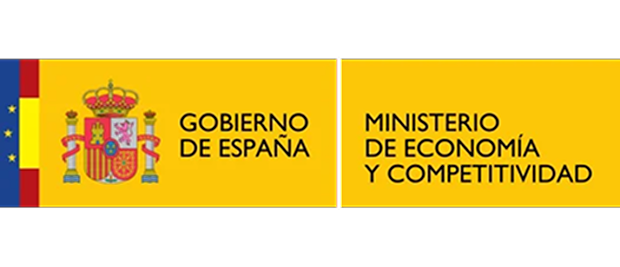Portugal has progressively implemented e-invoicing regulations to enhance transparency and fiscal control. The initial B2G mandate began in 2019 for large companies and was later extended to SMEs. Due to implementation challenges, the deadline for mandatory B2G e-invoicing for micro, small, and medium-sized enterprises has been postponed to January 1, 2026. Until then, these businesses may continue using PDF invoices, provided they include a QR code generated by certified invoicing software.
In the B2B sector, e-invoicing remains voluntary for now. However, from January 1, 2026, PDF invoices in B2B transactions will only be considered valid electronic invoices if signed with a Qualified Electronic Signature (QES) or issued in a structured format such as CIUS-PT. In the B2G environment, suppliers may submit invoices via the FE-AP platform, managed by eSPap, or through compatible solutions like B2Brouter, which ensure secure and compliant delivery. As a certified Peppol Access Point, B2Brouter enables integrated exchange of B2G and B2B e-invoices.
This guide explores the key legal requirements, formats, deadlines, and interoperability rules that companies must follow to ensure full compliance with Portugal’s e-invoicing framework.
Important dates
January 1, 2026
Small and medium-sized enterprises must issue invoices in the CIUS-PT format to public entities.
January 1, 2026
Companies must submit the Standard Audit File for Tax (SAF-T) accounting file for the fiscal year 2025.
Legislation
- B2G invoicing status
E-invoicing is mandatory for public sector suppliers. SMEs must comply from January 1, 2026.
- Accepted formats:
Structured invoices in CIUS-PT format are accepted, based on the European standard EN 16931 (UBL or CEFACT).
- Delivery channels
Invoices must be sent via FE-AP or Peppol. Providers like B2Brouter ensure secure and compliant delivery.
- Regulating authority
The Autoridade Tributária e Aduaneira (AT) oversees invoice compliance and certification.
- Archiving requirements:
E-invoices must be archived for 10 years under Portuguese law. B2Brouter ensures full compliance with this requirement.
- Certified software
Companies with over €50,000 in annual turnover must use invoicing software certified by the AT, such as B2Brouter.
Qualified e-signature
From Jan. 2026, PDFs in B2B will be valid e-invoices only if signed with QES or issued in CIUS-PT format.
QR code on invoices
A QR code is mandatory on all invoices since January 2022, to improve traceability.
ATCUD document code
Each invoice must include a unique ATCUD code, combining software validation and document number.
Send e-invoices to Portugal securely with B2Brouter
Fully compliant with Portuguese law
B2Brouter lets you send electronic invoies via FE-AP or Peppol to any recipient.
Seamless ERP integration
Connect your accounting or ERP system easily to B2Brouter to automate invoice creation and delivery without changing your tools.
Manage B2G in one place
Handle all your electronic invoicing with public entities from a single platform.

Certifications
B2Brouter is certified with the ISO 27001 standard on information security management, certified as a Peppol Access Point Service Provider and a member of the EESPA.





